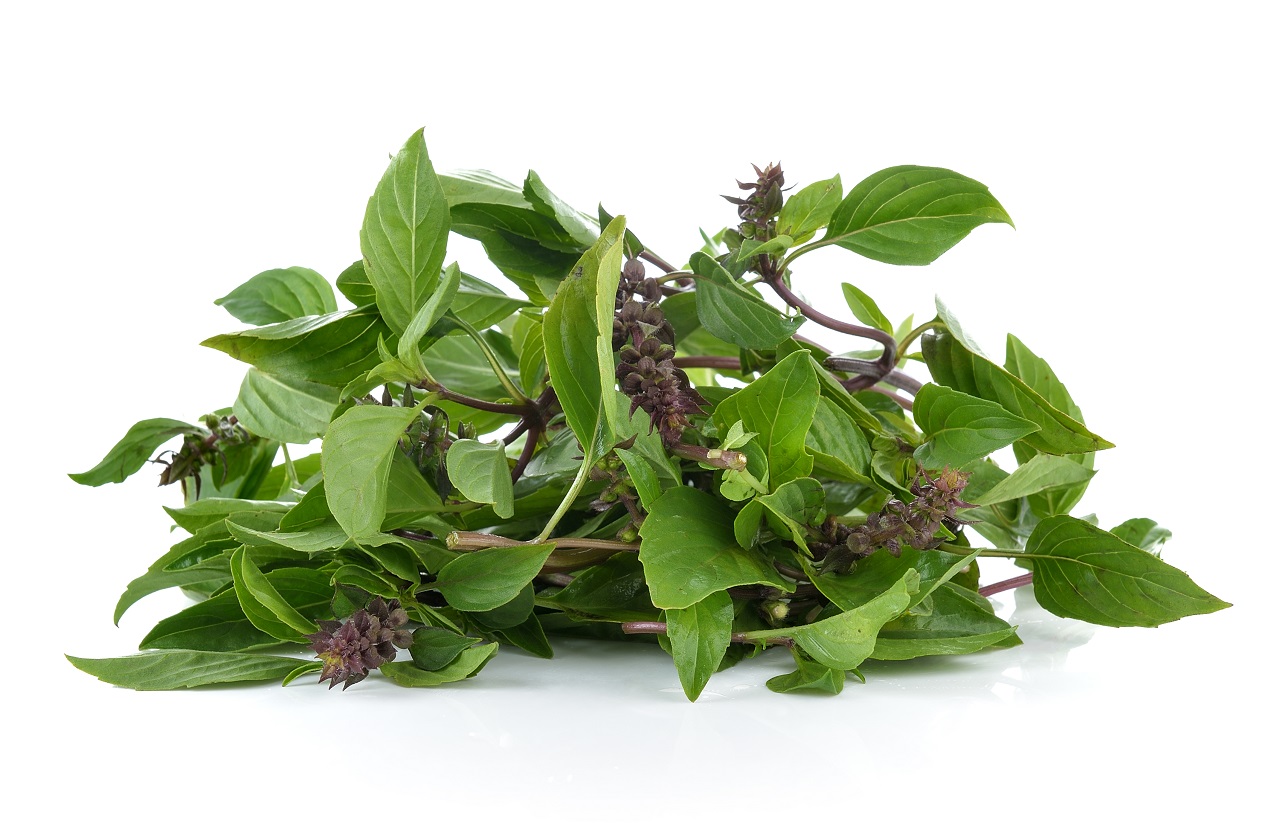The Importance and Benefits of Tulsi (Holy Basil) in Soap Making

Tulsi, also known as Holy Basil, is one of the most revered herbs in Ayurvedic medicine. Scientifically known as Ocimum sanctum or Ocimum tenuiflorum, Tulsi is often called the “Queen of Herbs” for its powerful antibacterial, antifungal, anti-inflammatory, and healing properties. It’s not just a spiritual plant; it’s a skin-friendly botanical used in modern skincare and soap formulations for its remarkable therapeutic effects.
বাংলা পোস্ট
✅ Why Use Tulsi in Soap Making?
In the world of natural skincare and handmade soaps, Tulsi has become a star ingredient for its ability to deeply cleanse, heal, and rejuvenate the skin. Whether you’re crafting soap for acne-prone skin, sensitive skin, or just seeking a soothing herbal touch, Tulsi is an excellent choice.
✔ Key Reasons to Add Tulsi to Soap:
- ✅ Natural antibacterial and antiseptic properties
- ✅ Fights acne and skin infections
- ✅ Helps soothe rashes, itching, and inflammation
- ✅ Controls excess oil without drying out the skin
- ✅ Brightens the complexion and clears blemishes
- ✅ Suitable for all skin types, including sensitive and baby skin
💡 Fun Fact: Tulsi is used not only in skincare but also in teas, oils, and even spiritual rituals across India and Southeast Asia.
✅ Skin Benefits of Tulsi in Soap
✅ 1. Fights Acne and Pimples 🌿
Tulsi is rich in antibacterial compounds that help eliminate acne-causing bacteria, cleanse pores, and reduce inflammation.
✅ 2. Soothes Skin Irritation and Rashes 🌾
With its anti-inflammatory nature, Tulsi-infused soap can soothe itchiness, eczema, and skin allergies, offering instant relief.
✅ 3. Controls Excess Oil and Detoxifies Skin 💧
Tulsi works as a natural toner, balancing oil production and removing toxins without harming your skin’s natural barrier.
✅ 4. Natural Antiseptic for Daily Use 🛡️
Tulsi helps heal minor cuts, wounds, and infections, making it perfect for kids, athletes, or anyone with an active lifestyle.
✅ 5. Brightens and Refreshes Complexion ✨
Tulsi contains antioxidants that help fight dullness, reduce blemishes, and restore a natural healthy glow to the skin.
✅ How to Use Tulsi in Cold Process Soap Making
Tulsi can be used in multiple forms in soap making:
| Form | How to Use in Soap |
| Tulsi Powder | Add 1–2 tbsp directly to soap batter for skin benefits and color |
| Tulsi Leaf Paste | Blend fresh leaves and mix with oils before combining with lye |
| Tulsi Infused Oil | Soak Tulsi leaves in olive or coconut oil for a few weeks |
| Tulsi Essential Oil (optional) | Add 10–15 drops for scent and antibacterial boost |
✅ DIY Tulsi Soap Recipe (Cold Process Method)
🧼 Ingredients:
- 300g Olive Oil
- 200g Coconut Oil
- 80g Sodium Hydroxide (Lye)
- 180g Distilled Water
- 2 tbsp Tulsi Powder OR 1 tbsp Tulsi Infused Oil
- 10 drops Tea Tree or Tulsi Essential Oil (optional)
- Soap Mold
🧪 Instructions:
1️⃣ Mix lye into distilled water and let it cool.
2️⃣ Melt and mix oils, then let them cool to room temperature.
3️⃣ Add Tulsi powder or infused oil to the oils and stir well.
4️⃣ Slowly pour lye solution into the oils while blending.
5️⃣ Once trace is reached, add essential oil (optional).
6️⃣ Pour into mold, let it sit for 24–48 hours.
7️⃣ Unmold and cure for 4–6 weeks in a cool, dry place.
✨ You now have a refreshing, antibacterial, all-natural Tulsi soap!
✅ Best Uses for Tulsi Soap
- 🌿 Daily face and body wash for oily or acne-prone skin
- 🌿 Post-workout cleansing for fresh, germ-free skin
- 🌿 Kids’ soap — gentle and chemical-free
- 🌿 Summer or monsoon skincare (prevents sweat rashes and infections)
- 🌿 Ayurvedic gift or natural product for eco-conscious customers
✅ Tulsi Soap vs. Commercial Soap
| Commercial Soap | Tulsi Handmade Soap |
| May contain harsh chemicals | 100% natural and gentle on skin |
| Artificial fragrances | Herbal aroma from essential oils and Tulsi |
| Can dry or irritate the skin | Soothes and hydrates naturally |
| No skin-specific benefits | Targeted action for acne, irritation, and glow |
✅ Bonus Tip: Enhance Tulsi Soap with Extra Ingredients
- 🌱 Neem powder – for extra antibacterial protection
- 🌼 Calendula petals – for gentle exfoliation and skin healing
- 💧 Aloe vera gel – for hydration and soothing
✅ Conclusion
Tulsi in soap making is more than a trend — it’s a return to ancient wisdom. Its unique combination of healing, cleansing, and calming properties makes Tulsi one of the most valuable herbs for modern natural skincare.
🌿 Whether you’re a DIY soap crafter, a skincare brand, or simply someone who loves using nature’s best, Tulsi soap is a must-have for clean, radiant, and healthy skin.
👉 Have you ever tried making or using Tulsi soap? Share your experience in the comments below! 😊

2 thoughts on “The Importance and Benefits of Tulsi (Holy Basil) in Soap Making”